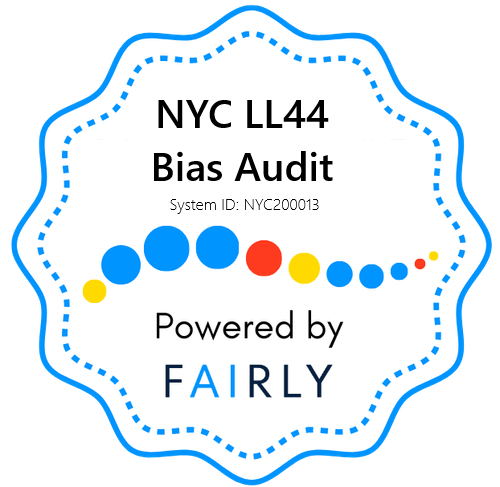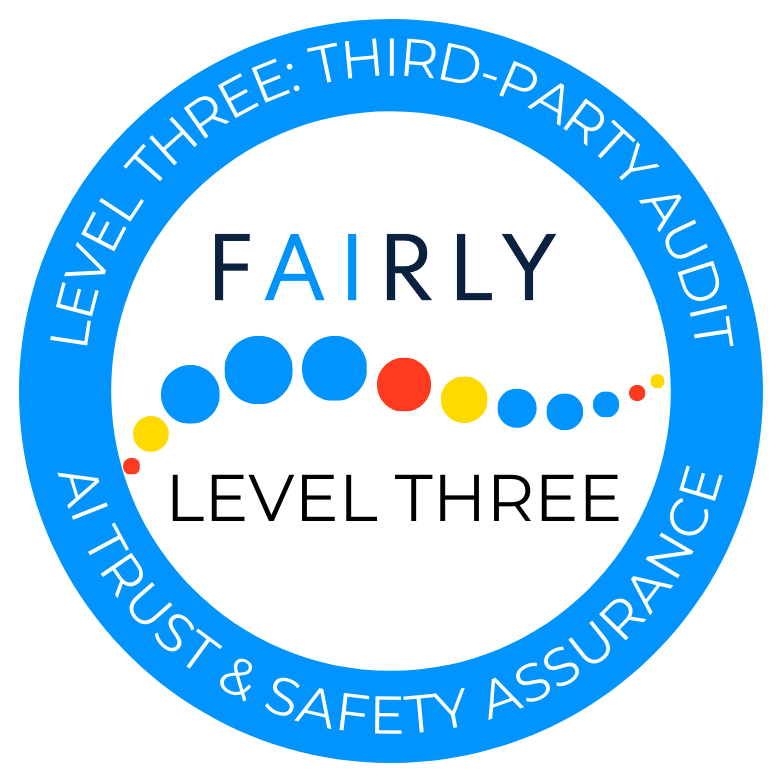The Risk of Bias in AI Resume Analysis
Artificial intelligence holds immense promise for streamlining hiring processes, but it also carries inherent risks. AI models trained on historical data can inadvertently learn and perpetuate existing societal biases related to gender, ethnicity, age, or other protected characteristics. When AI is used in automated employment decision tools (AEDTs), such as resume screeners, this can lead to unfair or discriminatory outcomes, disadvantaging qualified candidates from certain groups.
New York City's Local Law 144 (LL144) addresses these concerns directly. It requires employers using AEDTs in hiring or promotion decisions within NYC to conduct independent bias audits. These audits must assess whether the tool results in disparate impacts based on race/ethnicity or gender categories.
RSP's Commitment and Compliance
At RSP, we are acutely aware of the ethical responsibilities that come with developing and deploying AI in recruitment. We are committed to fairness, transparency, and mitigating bias in our resume analysis platform.
We are pleased to report that RSP has proactively undergone and successfully completed a rigorous, independent bias audit conducted by Fairly.ai, a reputable firm specializing in AI fairness and compliance. This audit meticulously examined our scoring algorithms and processes. You can view the key findings and certification visuals below, and the full audit report is available for download.


The results confirmed that RSP's resume analysis does not produce statistically significant disparities in scoring outcomes based on gender or race/ethnicity categories.
This successful audit underscores our dedication to building responsible AI tools that empower recruiters and hiring managers to make more objective and equitable decisions, while complying with important regulations like LL144.